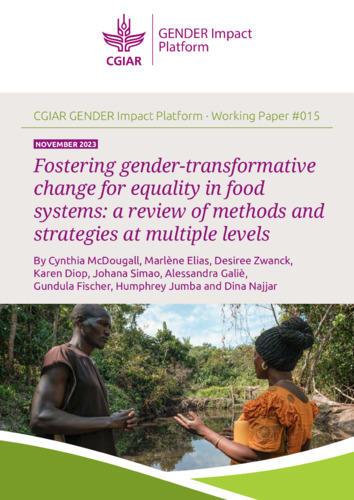Gender in Restoration, On-farm Crop Management and Agroecology
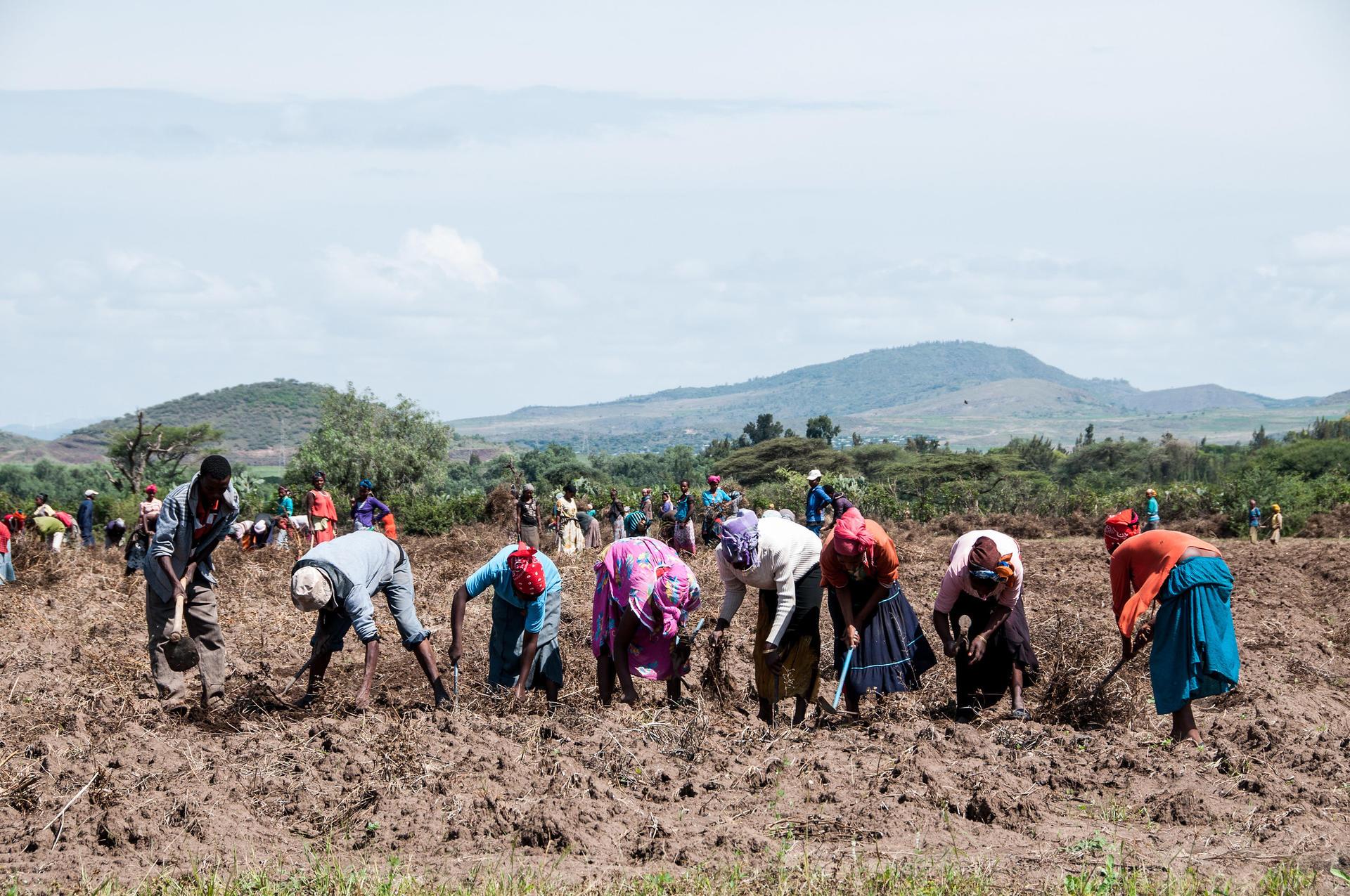
Natural and agricultural landscapes both shape and are shaped by social, economic and cultural practices. Gender roles influence how women and men access, use, and control natural and cultivated resources. For example, women, young people, migrants and other marginalized groups often face legal and cultural barriers to land rights and ownership, limiting their ability to cultivate on land over which they may not have decision-making authority or long-term access.
As a result, women and men often experience environmental changes differently. In sustainable intensification, agroecology, and landscape restoration, the workload inequalities between women and men must be addressed, so that the gender gap is not widened. Agricultural movements such as agroecology present an opportunity to reveal and manage power dynamics for a socially equitable and ecologically sustainable agroecological transition.
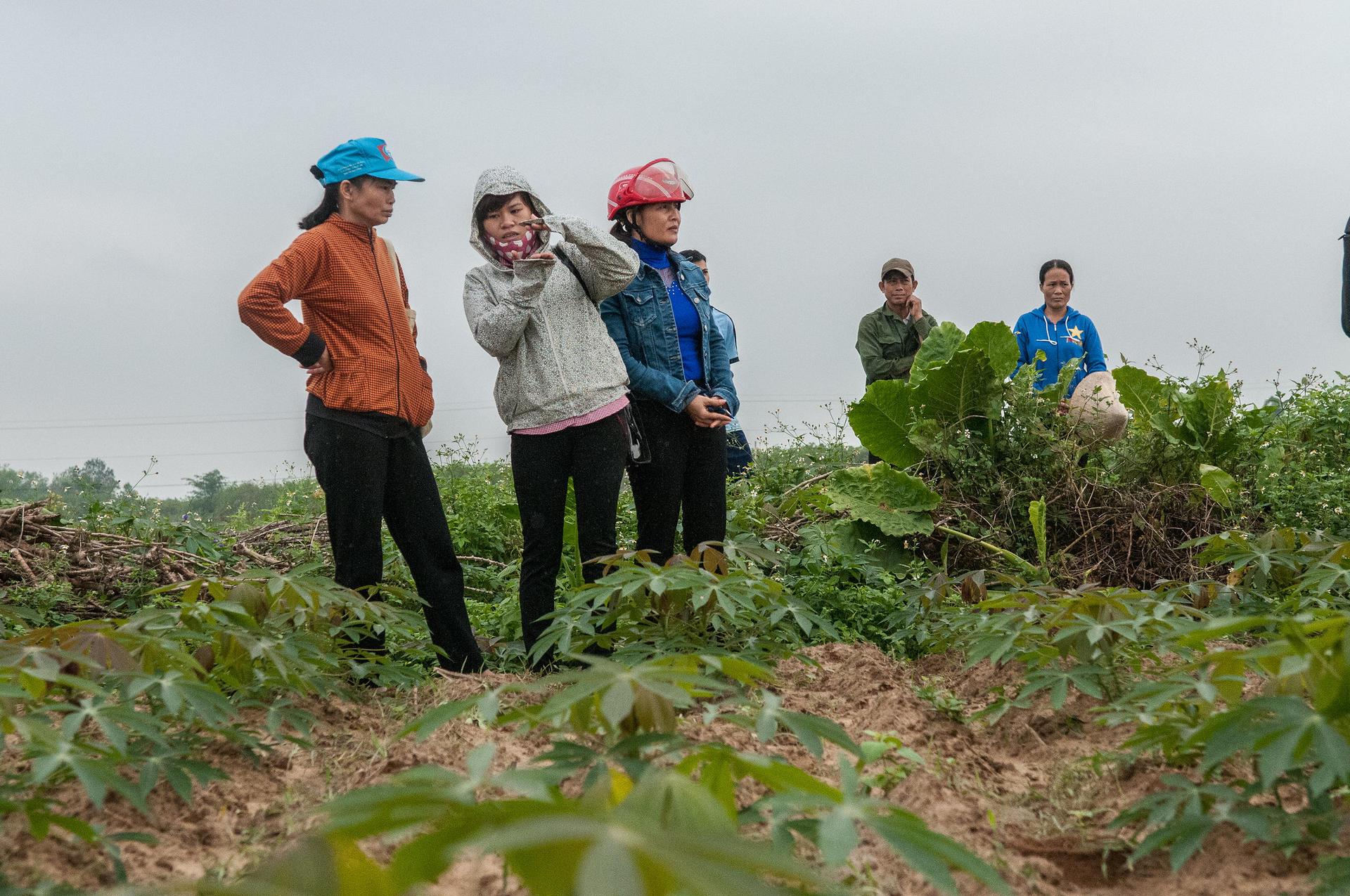
Our research at the Alliance looks at:
-
gender-equitable restoration policy and practice,
-
gender-transformative approaches and women’s rights to land and resources,
-
gender in banana, bean and rice production, from pest and disease management to the changing roles of women and men due to increasing male migration,
-
gender dynamics in agrifood systems in Latin America with a focus on rice, dairy and cashew market systems, and
-
gender-transformative low-emissions agricultural systems, sustainable intensification, and agroecology.
Examples of our work
Focus on: Changing Gender Roles and Norms in the Banana Cropping System in East and Central Africa
In East and Central Africa, including Burundi, Uganda, Rwanda, and Democratic Republic of Congo, crop management is often highly differentiated by gender, based on the intended use of the crop. Women tend to produce crops consumed by the household, selling surplus in village markets, while cash crops such as coffee and bananas are harvested and sold by men in more formal markets. The East African highlands banana tree (which dominates the region) can live for up to 60 years. Therefore, planting banana trees is often perceived as laying a claim to the land.
By custom, land passes from father to son, and as women are not allowed to plant banana trees on land that they will not inherit, their ability to invest in a reliable crop limits their livelihoods. However, research in Burundi is challenging this narrative by exploring the roles and responsibilities of women in the banana cropping systems when their husbands are away, particularly in the context of male outmigration.
New trends show that women play an increasingly important role in land and banana acquisition using remittances, and women are experiencing increasing power and freedom to make decisions on banana-related activities and finances while their husbands are away.
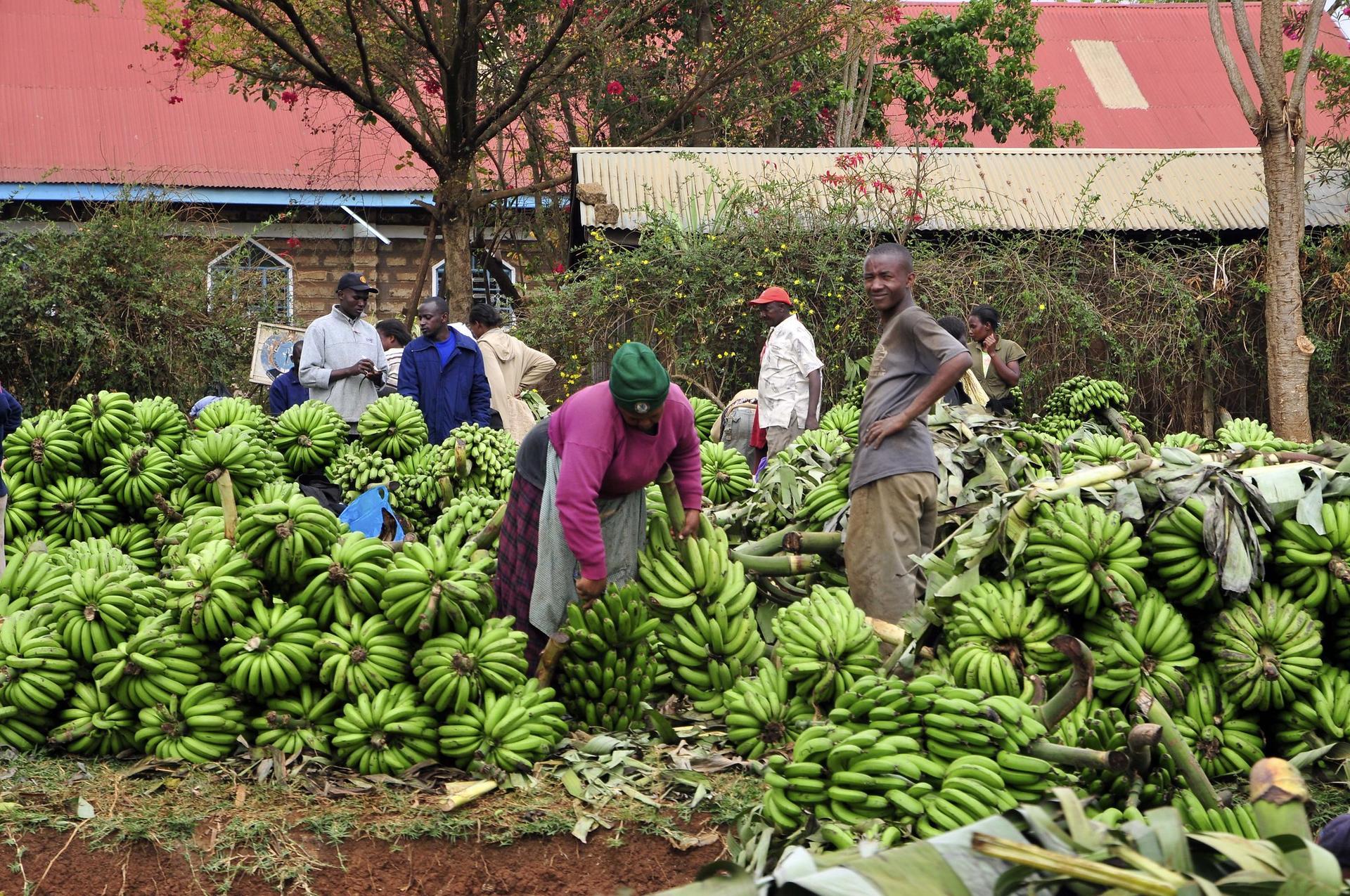
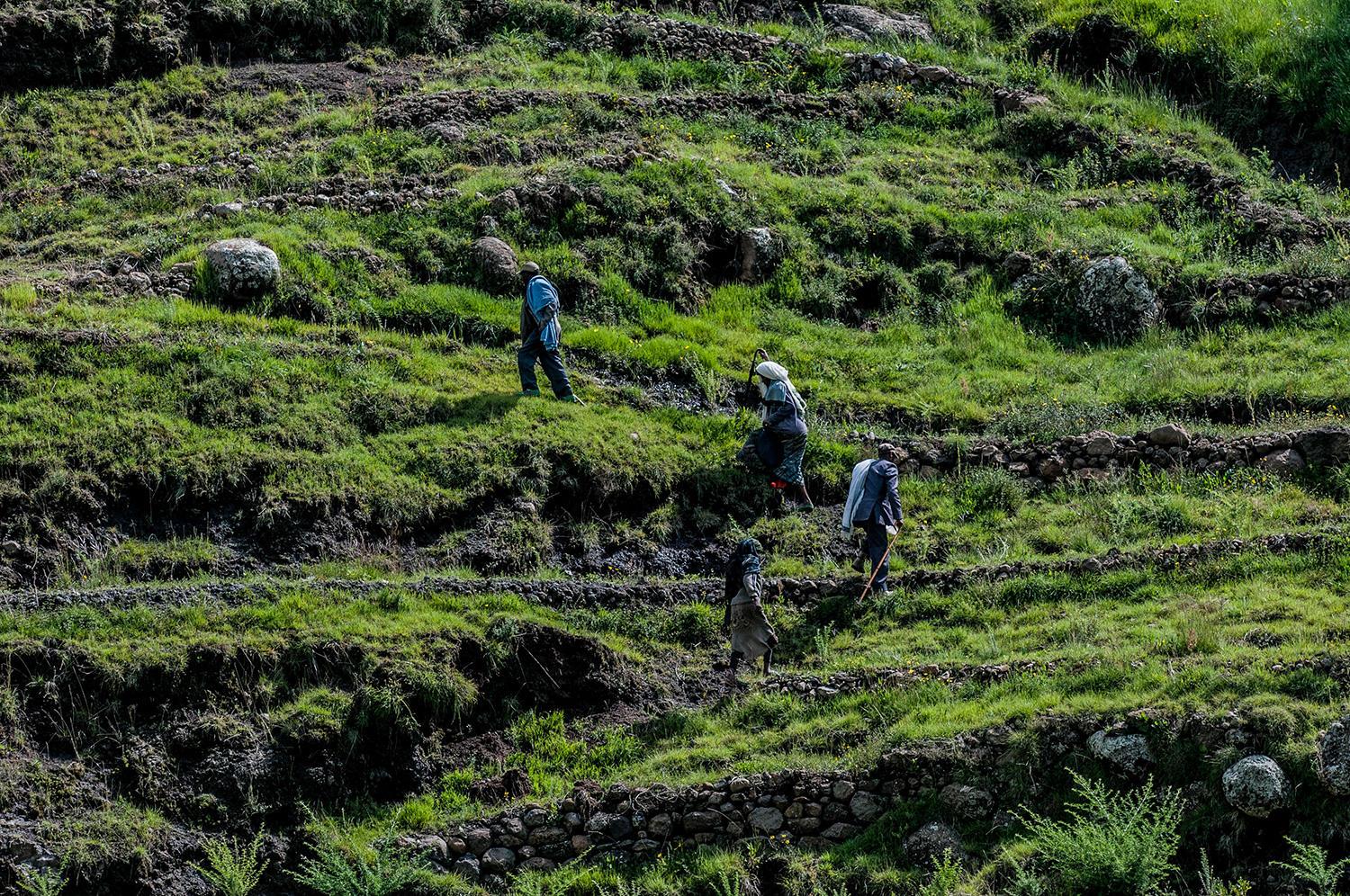
Focus on: Securing Women’s Resource Rights through Gender-transformative Approaches
Addressing the institutional barriers women face is essential to achieve gender equality and women’s access to land. The Global Initiative for Gender Transformative Approaches strengthens women’s land rights in rural development by sharing information to improve policies and practices. This project – led by the International Fund for Agricultural Development (IFAD), ICRAF-CIFOR, the International Food Policy Research Institute, the International Land Coalition and the Alliance of Bioversity International and CIAT – explores successful cases of transforming gender norms on women’s land and resource rights in IFAD projects. The initiative is promoting women’s land rights in six countries (the Gambia, Ethiopia, Colombia, Bangladesh, Kyrgyzstan and Uganda).
Focus on: Gender and Agroecology
In the first year of implementation of the CGIAR Initiative on Agroecology, the Agroecological Living Landscapes (ALL) initiative was implemented in seven countries, engaging more than 1,300 women and men across food value chains, demonstrating effective agroecological innovations, as well as their suitability and impacts in different contexts. The ALL team identified business opportunities and financial mechanisms for equitable agroecological innovations, developing context-specific action plans to promote behavior change and implement appropriate policies.
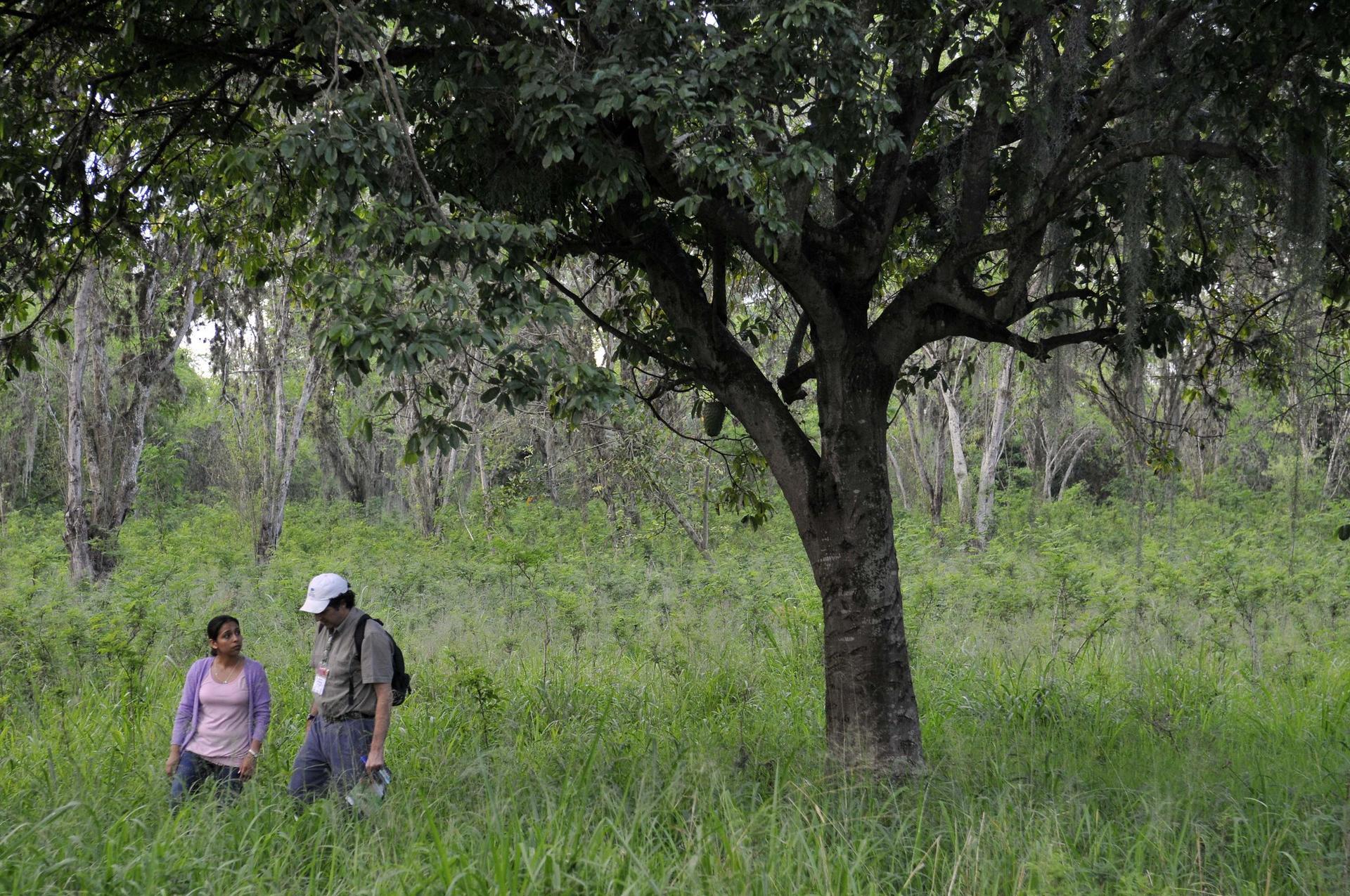
Researchers working on this topic:

Marlène Elias
Director, Gender and Inclusion
Fanny Howland
Senior Research Associate
Anne Rietveld
Scientist IILatest Publications



